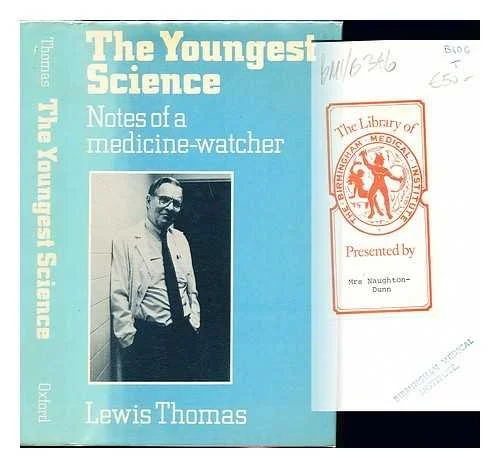Before Siddhartha Mukherjee goes into the three laws of medicine he describes the origin of his search for the laws. It is a compelling read. Some of the truths he uncovers in these early pages are especially compelling. How about this gem from the Authors Note:
“It’s easy to make perfect decisions with perfect information. Medicine asks you to make perfect decisions with imperfect information.”
This is what makes doctoring so difficult. Even when the stakes are highest and lives are on the line we must make decisions with imperfect information. It is this stress that leads doctors to “overuse” radiology and laboratory services. We are always trying to perfect our information in the hope it will make our decisions “perfect.”
In describing how he started his search for the laws of medicine he tells the story of starting a medicine residency “in Boston.” He had a q3 call schedule. I had no idea those still existed in internal medicine in 1999. But I guess things move slowly in Boston. He does a wonderful job of describing the numbness that can come from a grueling residency,
”I ran through a park by night, and through friends by day”
His saving grace and only companion was a book by Lewis Thomas. Thomas was a medical resident in the 1930’s and described his experience of medicine in a slim paperback collection of essays titled, The Youngest Science.
Mukherjee describes medicine in the 30’s as emerging from a dark ages of quack cures that was followed by a period of therapeutic nihilism where the quackery was halted and physicians were limited to just documenting, classifying, and describing illness. In the 30’s physicians began to interpret the carefully collected observations and develop new therapies.
Mukherjee became drive to answer a seemingly simple question,
Is medicine a science?
Obviously, it was scientific in that it used techniques that were derived from phenomenally sophisticated science. But for medicine to be a science it had to have its own laws, independent from biology and pharmacology. If Medicine is a science it had to have laws, and so what are they? In his own words,
But does the “youngest science” have laws? It seems like an odd preoccupation now, but I spent much of my medical residency seeking the laws of medicine. The criteria were simple: a “law” had to distill some universal guiding principle of medicine into a statement of truth. The law could not be borrowed from biology or chemistry; it had to be specific to the practice of medicine...
...My search for the laws was not an attempt to codify or reduce the discipline into grand universals. Rather, I imagined them as guiding rules that a young doctor might teach himself as he navigates a profession that seems, at first glance, overwhelmingly unnavigable.
This introduction is beautifully written, full of fascinating stories and successfully reminds the reader how young the science of medicine is. We literally have patients in the hospital who are older than the science of medicine.
This introduction also brilliantly sets up the remainder of the book. I have played this introduction to the resident teams I lead and they both relate and are intrigued.
Summary written by Joel Topf, Detroit

